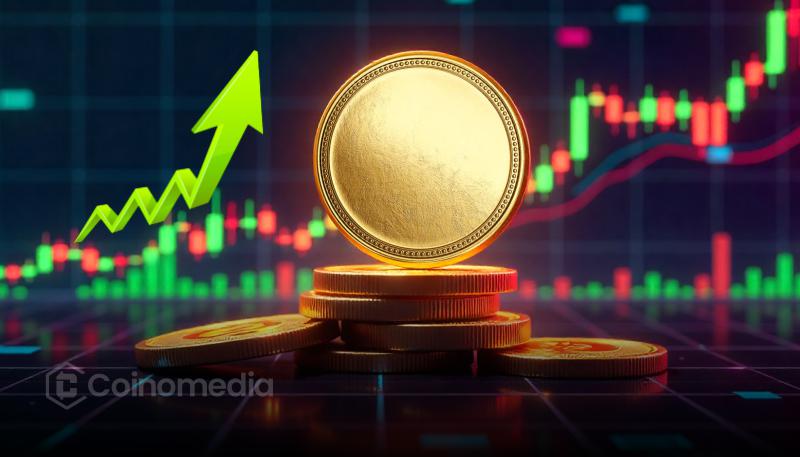M2 Money Supply Hits ATH: What Comes Next?
M2 money supply reaches all-time high. What does it mean for inflation, markets, and crypto?

- M2 money supply has hit an all-time high.
- Increased M2 can signal future inflationary trends.
- Crypto markets may benefit as fiat weakens.
The M2 money supply — a measure of the total money circulating in an economy — has just reached a new all-time high (ATH). M2 includes cash, checking deposits, and easily convertible near money like savings deposits. When M2 rises significantly, it usually points to central banks pumping more liquidity into the system.
This kind of expansion doesn’t happen without consequences. A spike in M2 often precedes inflation, market volatility, and changes in investor behavior. When people see more money in circulation, they expect each unit of currency to lose purchasing power over time. That’s when they start seeking refuge in assets that preserve value — like gold, real estate, or increasingly, crypto.
Inflation Ahead? The Historical Playbook
Historically, an increase in the M2 money supply has led to inflationary pressure. More money chasing the same amount of goods pushes prices up. While inflation might not spike immediately, the groundwork is laid when M2 climbs.
The U.S. saw a similar pattern during and after the 2020 COVID crisis. Massive money printing inflated M2, and inflation followed months later. That led to interest rate hikes and significant market shifts.
So, what happens now? If this trend continues, central banks may be forced to tighten monetary policy again in the future — or risk prolonged inflation.
What This Means for Crypto Investors
In the current macro environment, the rise in M2 could be a bullish signal for Bitcoin and other cryptocurrencies. As traditional fiat systems inflate, decentralized digital assets become more attractive. Crypto is increasingly seen as a hedge against inflation and fiat currency debasement.
Retail and institutional investors may begin shifting funds toward assets that can store value outside the control of central banks. Bitcoin, with its fixed supply, often tops that list.



